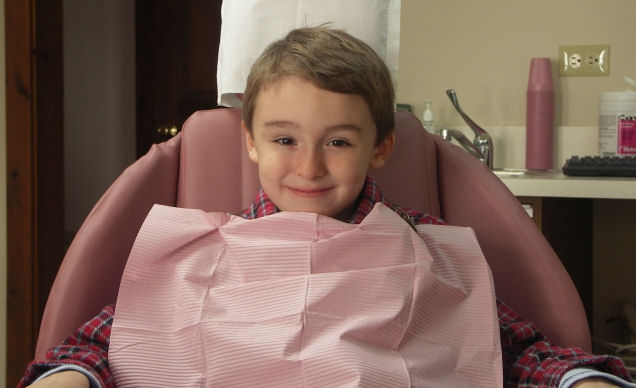
ADVANCED PROCEDURESCROWNS It takes two appointments to restore a tooth with a crown. In the first any decay is removed from the tooth and it is shaped to accept the crown. Then an impression is made of the tooth for use in fabricating a crown. Dr. White offers crowns made of all ceramic (zirconium oxide), high-strength porcelain over gold alloy, or gold, or titanium. Titanium is an alloy of very low specific gravity. Titanium and zirconium oxide are the most biocompatible of all our dental materials. Very few dentists offer all titanium crowns. The titanium crowns are fabricated in California, at Glidewell Dental Laboratories. All crowns are the same fee, regardless of constituents. The final choice is made by the patient after consultation with the dental team. More specific outlines on CROWN is included on this link to Dr. White's office. IMPLANTS A dental implant is an option to replace a missing tooth. In this procedure, a small titanium shaft is surgically implanted into the bone and allowed to set. The bone grows around it forming a tight connection, which additionally slows or stops the bone loss that occurs when the root of a natural tooth is missing. Once the implant is firmly set in the mouth, Dr. White attaches the replacement crown onto the implant. This permanent solution has the advantages over bridge work that it does not stress the surrounding teeth for support. Most of the implants placed by Dr. White are a product of Biomet, 3i. Biomet has been producing dental implants since 1987. Astra Tech is a newer family of implants used by Dr. White. Astra Tech promises a system offering better bone retention. Implants can also be used as support as part of an implant bridge. This is an alternative to partial dentures, and has several advantages. The biggest single advantage of placing implants is that future bone loss is avoided. Our Cranbury office also offers mini dental implants. These implants are about half the diameter of traditional implants are used mainly to stabilize lower dentures. Mini implants are used also to replace very small individual teeth. These implants can be placed in one appointment and be immediately used. The cost is 50-70% of standard dental implants. ROOT CANAL TREATMENT A root canal is then performed to clean out the infected tooth pulp, and disinfect the canals of the tooth. Once the infection is resolved, the canal(s) are filled in to prevent any further infection. Usually a core build-up and crown is recommended for restoring a tooth that has had root canal therapy. Root canals are therefore indicated in many cases when there is insufficient tooth structure to support a crown. It allows for placement of a kind of "dowel" between the root and the crown. BRIDGES It is important that a missing tooth be replaced as soon as possible for several reasons. If not treated the teeth surrounding the gap begin to shift inward. Teeth use their neighbors for support, and, with one missing, they start to "fall." As this worsens the bite changes in response to the pressure. This can eventually result in problems with the entire jaw, e.g. TMJ. The surrounding teeth deteriorate and it is just a matter of time before they, too, are lost. Gum disease becomes a serious problem, with the difficulty of treatment increasing as the neglect continues. TMJ TREATMENTS Dr. White is fairly expert in the area of occlusion and has written several articles on the subject. Please contact us and the article could be sent to you. Problems in this area can cause:
Dental treatments for the condition can include replacing missing teeth, moving teeth, adjusting the bite, filling gaps between teeth, etc. There is no one solution that is right for all cases. Sometimes a plastic mouthpiece is used to prevent clenching or grinding that is contributing to the problem. If untreated and taken to extremes, surgery, although very rare, may be required to repair a badly damaged joint. |
609-395-0764